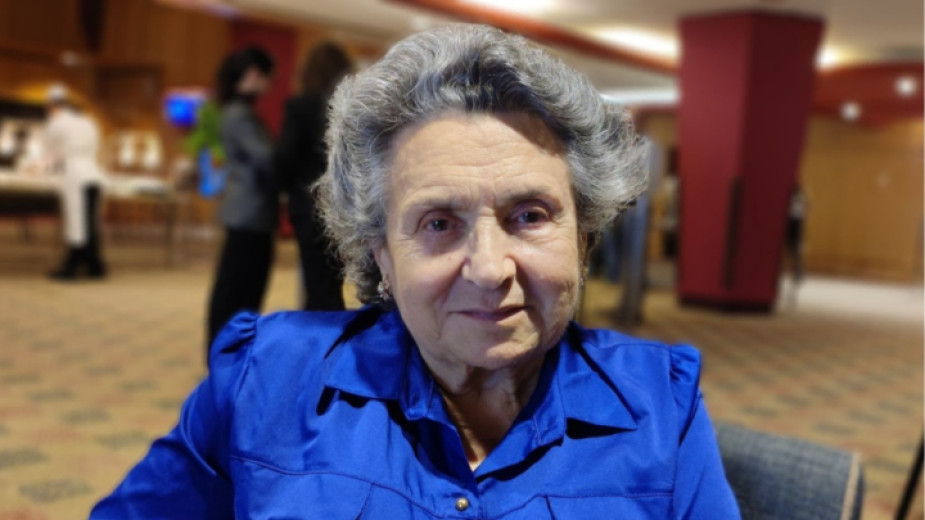 10
10
“Bulgaria’s Jewish population was the only one that grew in numbers after the Holocaust compared to before,” says Bulgarian Jew Rene Shashua Hasson who is a Holocaust survivor, in an interview with Radio Bulgaria. Born in 1935 in Plovdiv, Rene remembers well the days of the Holocaust, the atrocities and the humiliation she and her compatriots were subjected to. But also the rescue…
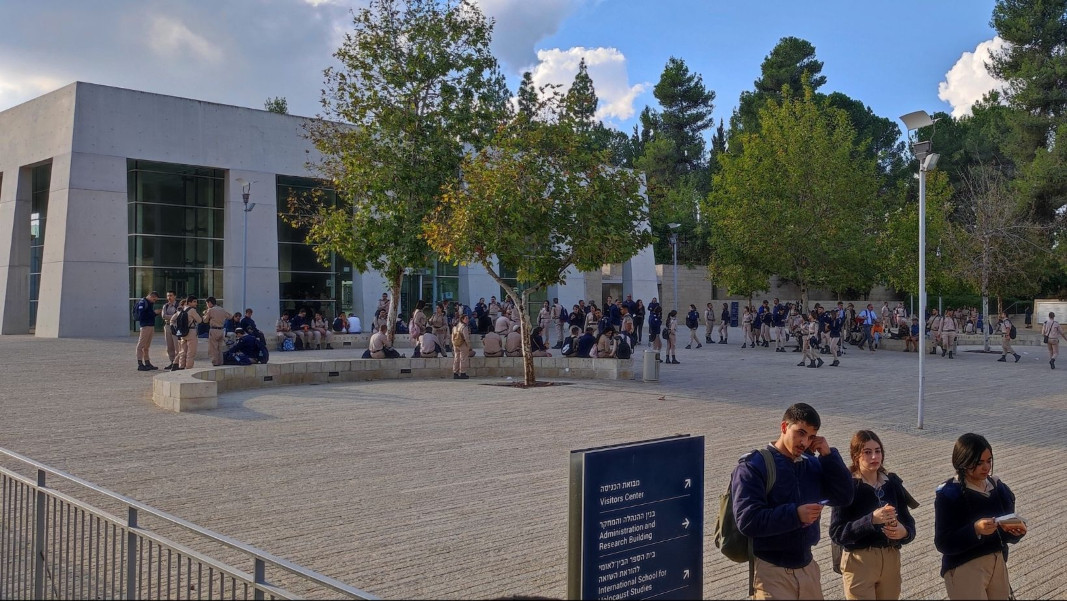
It is 80 years in 2023 since the rescue of the Bulgarian Jews. After a wave of public pressure, on 10 March, 1943, the plans to deport the Jewish population of Bulgaria to the Nazi concentration camps were put an end to. Close to 50,000 Jews, living on the territory of Bulgaria before the country joined the Tripartite Pact were saved. Regrettably, again in March 1943, the deportation began to the Nazi camps of 11,343 Jews from the new territories handed over to Bulgaria in this period – Aegean (Western) Thrace, Macedonia and Pirot. But the almost 50,000 Jews who were saved, and their descendants, are still grateful to the Bulgarian people.
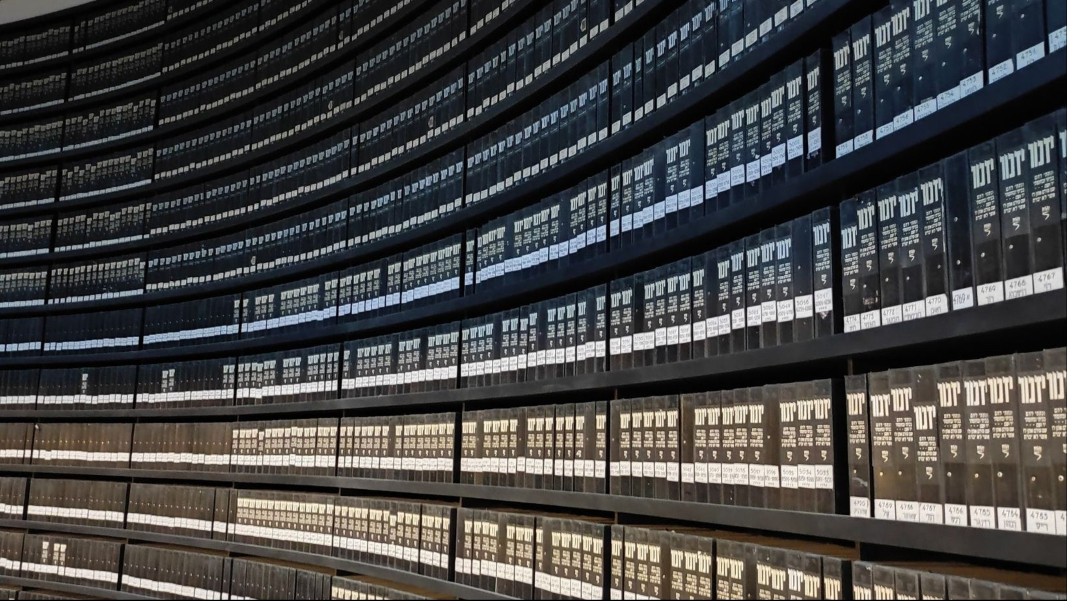
“Thank you” are the words people in Israel welcome practically every Bulgarian with. Attorney at law Rene Shashua Hasson is thankful too. “There were weddings too during the Holocaust, and childbirths. But that does not mean we were prospering, or that there were good days for us. They were terrifying days,” she says.
“Love of Bulgaria is rooted in us. And it is continued in the coming generations. And the memories are, on the one hand marvelous: of a wonderful childhood in Plovdiv, of the lane opposite Bunardzhika (an emblematic spot in Plovdiv – editorial note). But then come the memories of the Second World War. When I was in second grade they closed the Jewish school. Then came the Law for Protection of the Nation (an anti-Jewish racial law – editorial note) and the decree on “compression” which meant at least two people per room. My father was mobilized in the labour camps, my mother was sick most of the time.”
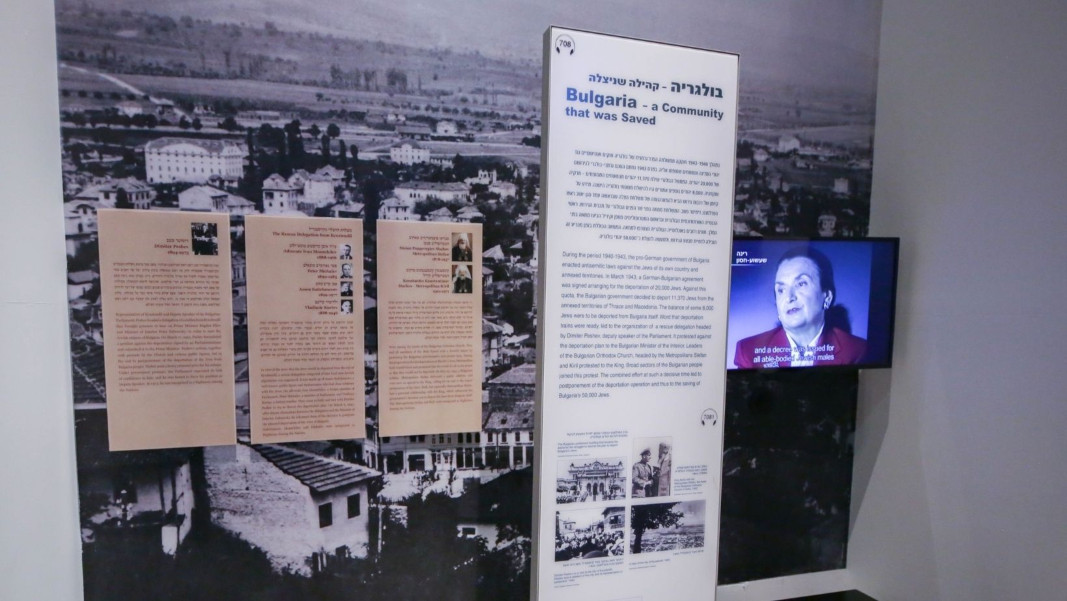
With sadness, Rene goes back to the winter when they were again shut up at home and her mother got acute appendicitis.
“It was not possible to take her to hospital because they would not take Jews,” Rene remembers. “We had to try to keep the inflammation down with ice. And I was sent out with a little bag to break ice off the drainpipes on the buildings. So, I started out from house to house, collecting icicles. But there were three young men who saw me, boys in Brannik uniforms (Brannik – a youth pro-fascist organization during WW2 – editorial note). And they started throwing snowballs at me, chasing me and shouting “Chifut, chifut (derogatory for Jew), what are you doing, get away!” And so I had to go home, but I did have some ice in the bag. And there and then I knew we had to find a homeland and move. So, when the war and the Holocaust were over, in 1949, right after the State of Israel was founded, we moved here. And we have kept fond memories of the Bulgarian people. In Israel we found a country with lots of problems. But gradually I started my own family and found a profession. Now, I am a member of the Israel-Bulgaria Friendship Society.”
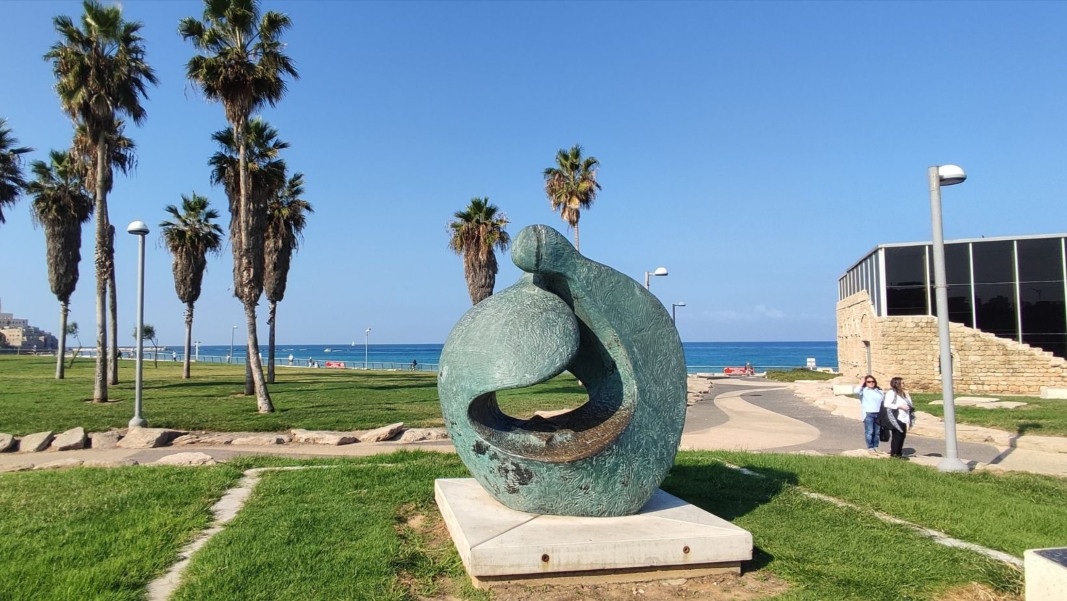
Rene Shashua Hasson, who is a lawyer, has three children. After everything she has been through during the Holocaust and out of her own life experience she urges the generations of today:
“We ought to try and do good! When you have seen the horrors of war you realize humans are capable of really cruel doings. That is why we must instill in the coming generations humanism and liberalism. The important truth is, in brief: Don't do unto others what you don't want done unto you!”
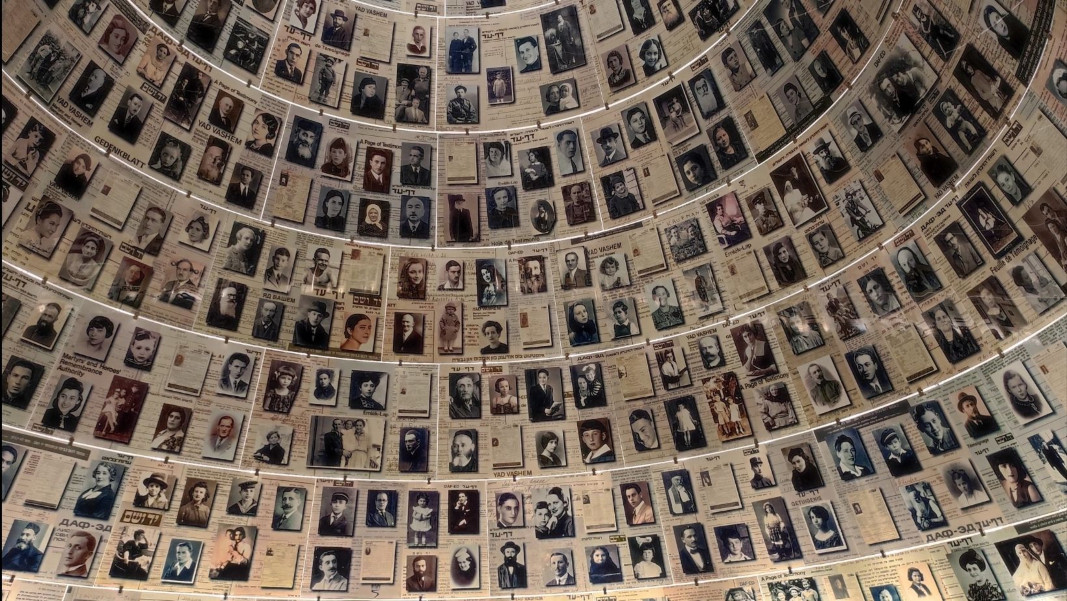
Photos: Krasimir Martinov
For the past four years, Neli Itskova has been teaching history and geography at the Bulgarian Sunday School “Peyo Yavorov” in Brussels. She says it took a long journey to fulfil her dream of working with children. Itskova graduated in pedagogy..
There are no accurate statistics on the number of Bulgarians living on Jamaica. However, to prove that it's impossible to find a place in the world without at least one Bulgarian, we talk to film director Ina Sotirova, who has lived on the island for ten..
The University of Edinburgh is the fourth largest in the UK, having opened its doors in 1583. For 57 years, His Highness Prince Philip was its rector, and since 2011, his daughter Princess Anne has held this role. For a decade now, Bulgaria's Denitsa..

+359 2 9336 661
